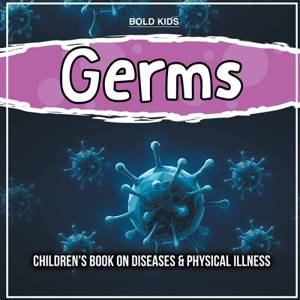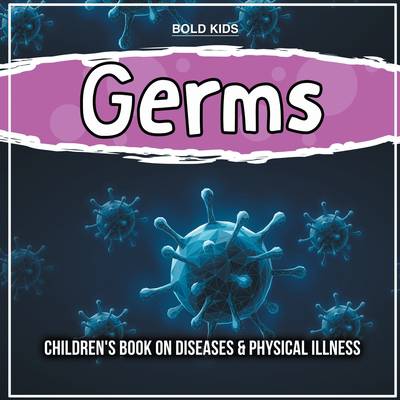
- Retrait gratuit dans votre magasin Club
- 7.000.000 titres dans notre catalogue
- Payer en toute sécurité
- Toujours un magasin près de chez vous
- Retrait gratuit dans votre magasin Club
- 7.000.0000 titres dans notre catalogue
- Payer en toute sécurité
- Toujours un magasin près de chez vous
21,95 €
+ 43 points
Description
Have you ever wondered what causes the many diseases we suffer from? If you have, you've probably heard of the germ theory of disease. It holds that these tiny organisms known as pathogens cause disease. These organisms are so small, in fact, that you can't see them without magnification. They invade living hosts and spread disease. The following information will help you understand this concept better. Keep reading to discover more fascinating facts about germs. Despite its name, there are four main types of germs: bacteria, fungi, viruses, and protozoa. Protozoa live in soil, water, and food. Certain parasites, such as malaria, can invade the body through mosquito bites. Other, larger parasites are called helminths. Named for their worm-like appearance, helminths can settle in the digestive system, skin, and brain. They can also cause ear infections, tonsillitis, and even pneumonia. Fungi are similar to plants, but they cannot make their own food. Instead, they get their nutrients from other living things, such as human beings, and can spread sickness to others through contact. They can be uncomfortable to live with, but are not dangerous. Protozoa thrive in wet environments, such as the mouth and throat. They often spread through water. Protozoa can cause diarrhea and stomach pain, so they should always be washed thoroughly after touching food. The number of germs on the tips of fingers doubles after using the toilet. After washing hands, a single germ can live for three hours on the outside of your hand, and multiply to 8 million germs in a day. It's estimated that a droplet of a sneeze can travel up to 100 miles and stay in the air for 10 minutes! It's time to get your child to wash their hands and stay safe!
Spécifications
Parties prenantes
- Auteur(s) :
- Editeur:
Contenu
- Nombre de pages :
- 38
- Langue:
- Anglais
Caractéristiques
- EAN:
- 9781071709900
- Date de parution :
- 15-08-22
- Format:
- Livre broché
- Format numérique:
- Trade paperback (VS)
- Dimensions :
- 216 mm x 216 mm
- Poids :
- 108 g

Les avis
Nous publions uniquement les avis qui respectent les conditions requises. Consultez nos conditions pour les avis.






